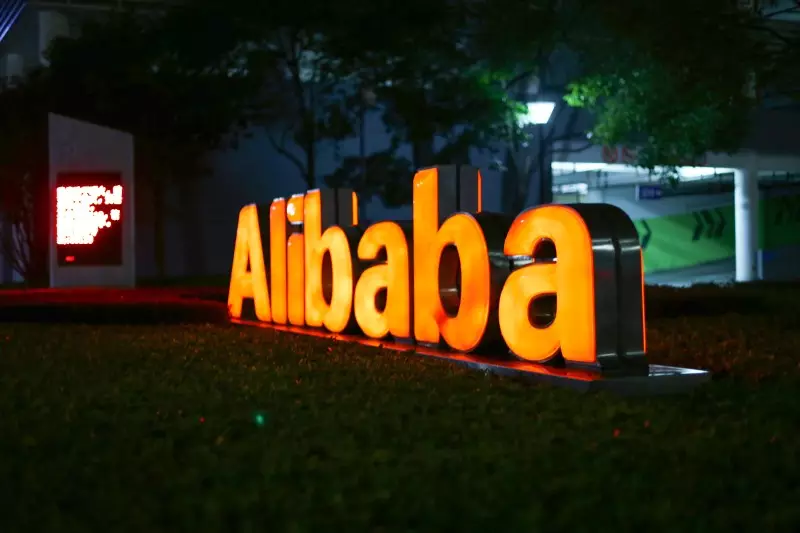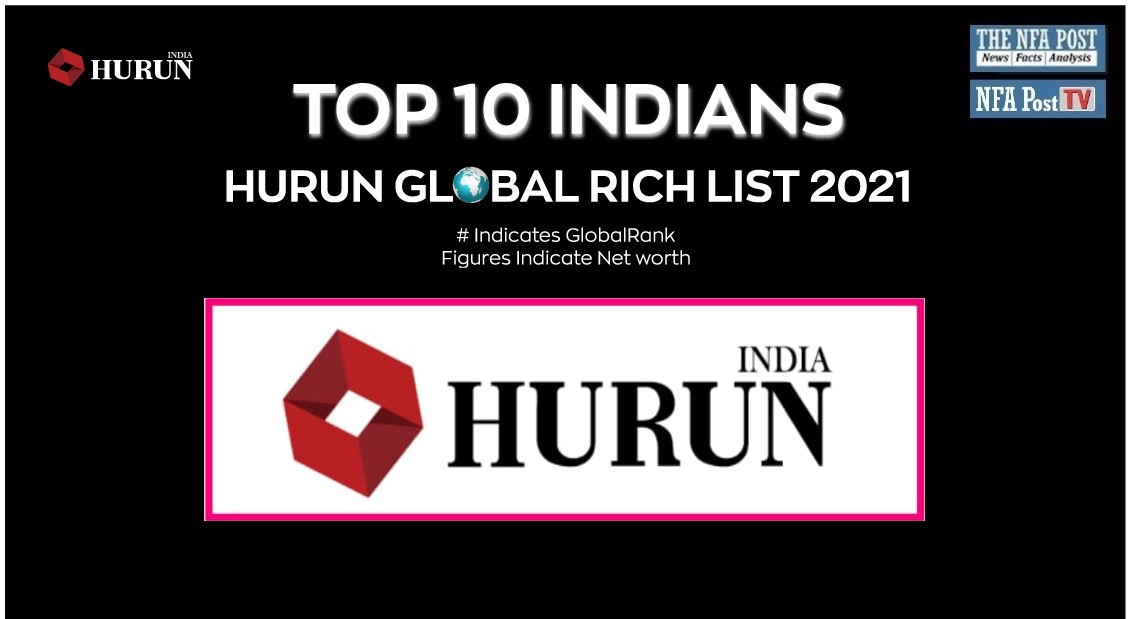, pursue IPOs in major shakeup
In a pathbreaking move, Chinese ecommerce group Alibaba Group Holding will reorganise into six business groups and pursue public listings for five of them.
The company announced the move on Tuesday, a day after founder Jack Ma’s surprise return to China following a lengthy stint abroad. The six business groups will focus on sectors such as cloud computing, e-commerce and logistics.
The six new groups will be: Cloud Intelligence Group, Taobao Tmall Commerce Group, Local Service Group, Cainiao Smart Logistics, Global Digital Commerce Group and Digital Media and Entertainment Group.
Following the announcement since it was established 24 years ago, Alibaba’s American depositary receipts surged more than 10% to over $95 in morning trading in New York.
“This transformation will empower all our businesses to become more agile, enhance decision-making, and enable faster responses to market changes,” chief executive Daniel Zhang said in a letter to employees.
This restructuring is part of a long-running move toward a “nimbler organizational structure, the company said. Each of the groups will be run by its own CEO and board of directors, with the CEOs assuming full responsibility for company performance.
Zhang will remain chairman and CEO of Alibaba Group, which will follow a holding company management model. He will also serve as the CEO of the Cloud Intelligence Group, which will be responsible for the company’s cloud and artificial intelligence businesses.
Zhang became acting president of Alibaba Cloud Intelligence after its cloud service suffered what the company described as “the longest large-scale outage in more than a decade” in Hong Kong in late December.
Alibaba’s growth has started to slow in recent years as China’s consumer spending cooled amid the country’s economic downturn, partially due to the three years of strict zero-COVID measures. With e-commerce user growth slowing, Alibaba has been betting on its cloud computing services, but sales of that segment, usually one of its fastest-growing, increased just 3% on the year in the December quarter to 20.2 billion yuan ($2.9 billion).





